
Bossy Elephant | Gullah Tales
Interactive
Listen to the interactive version of the Bossy Elephant in both English and Gullah. Storytelling performance by Anita Singleton Prather (Aunt Pearlie Sue)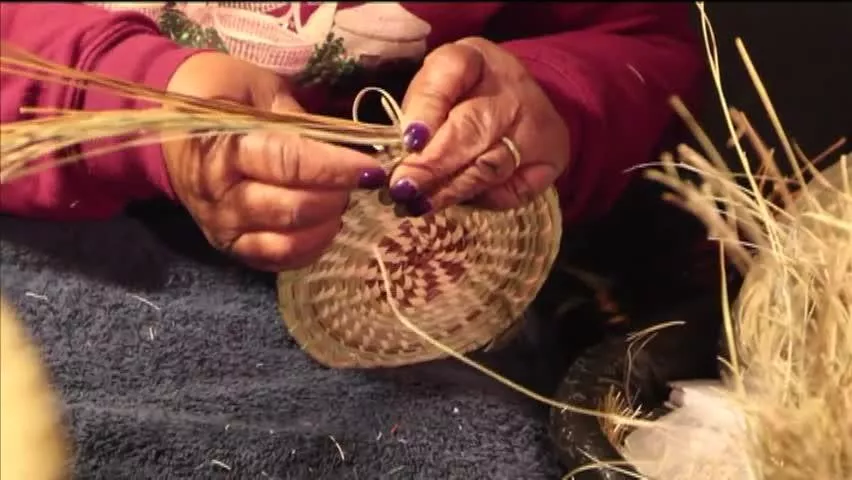
In the past, people have described the Gullah culture as quaint and the language as unintelligible. A closer look reveals a complex history and language with direct links to West Africa that survived slavery and thrived on the Sea Islands of South Carolina and Georgia. The Gullah experience has many variables that make it unique to each family and community.

Interactive
Listen to the interactive version of the Bossy Elephant in both English and Gullah. Storytelling performance by Anita Singleton Prather (Aunt Pearlie Sue)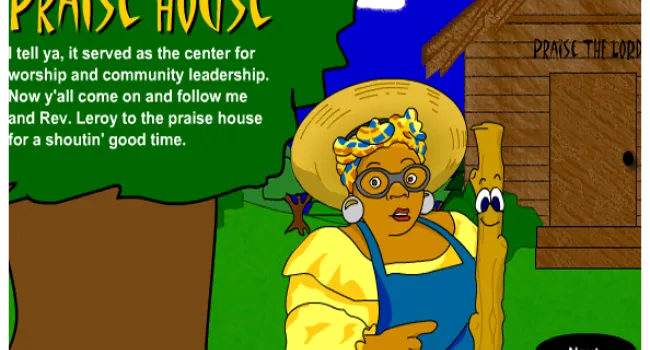
Interactive
Students will understand how enslaved Africans created music for their worship experience. Religious meetings in “praise houses” provided the spiritual outlet for enslaved Africans on the plantation...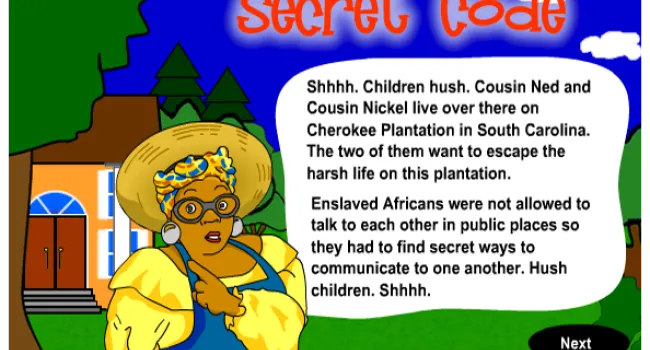
Interactive
Students will understand that music and material culture became a mode of covert communication between slaves. Aunt Pearlie Sue is our guide as students uncover hidden messages in the work songs...
Interactive
Students will understand traditional blues form that contains three four-measure phrases that follow the pattern AAB. Let Reverend Leroy show you how to express your sad feelings by composing a blues...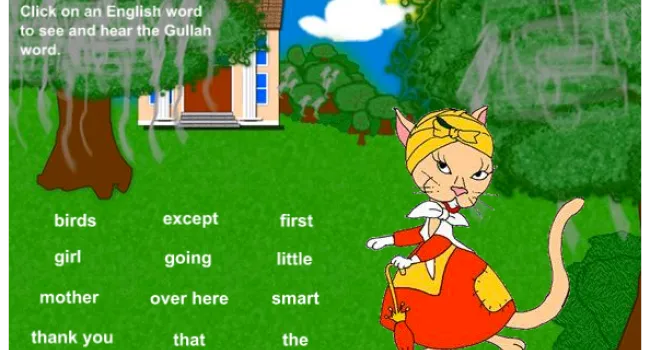
Interactive
INSTRUCTIONS: Click on an English word to see and hear the Gullah word. About Gullah Language Gullah is also a language. It was developed among Africans as a way to communicate with people from other...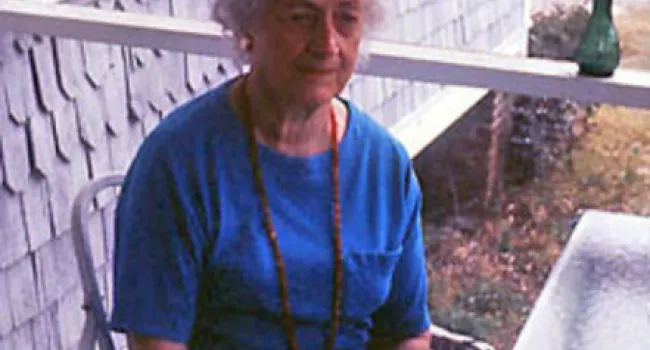
Audio
Story of girls whose mother didn’t want them to speak Gullah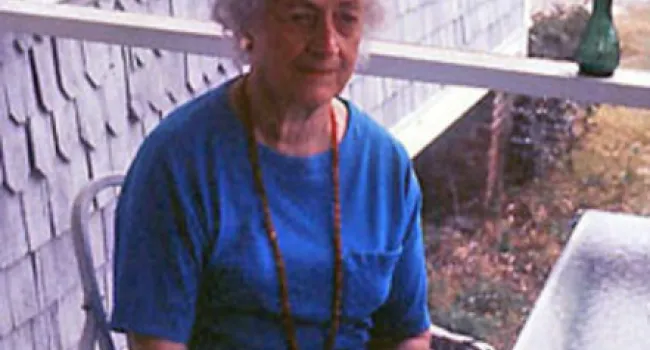
Audio
Gullah story featuring a character named Dr. McClellan. A translation of the Gullah is provided at the end
Audio
Recorded at the 1998 Fall Folklife Festival, McKissick Museum. Notice the differences between this version and the version in the video clip. As with most forms of folk narrative, variation is an...
Audio
Gullah story with punchline featuring a man named Efram
Photo
West Africans brought to the South Carolina and Georgia coasts as slaves settled on geographically isolated plantations whose owners often were absent. Such conditions allowed lowcountry slaves to...